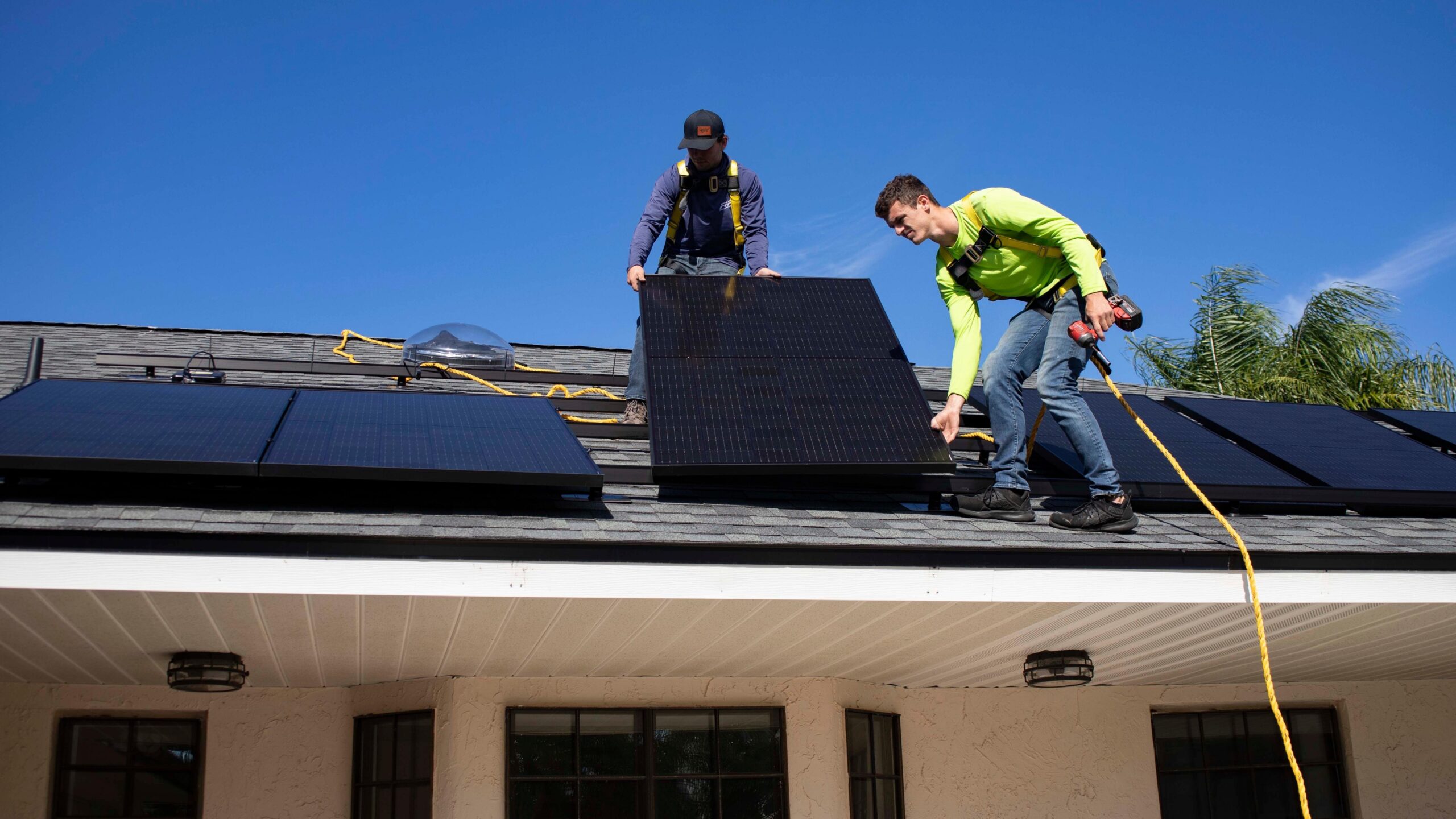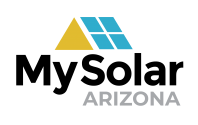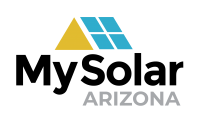
The Major Benefits of Buying vs Leasing Solar Panels
Solar energy has emerged as a popular and sustainable alternative to traditional sources of electricity. With the increasing adoption of solar power, many homeowners and businesses are faced with the decision of whether to buy or lease solar panels. Both options have their own advantages and considerations, but understanding the major benefits of buying versus leasing solar panels can help you make an informed decision that aligns with your goals and circumstances.
Introduction
Solar panels, also known as photovoltaic (PV) panels, harness the power of the sun to generate electricity. As the demand for renewable energy sources continues to rise, solar panels have become an attractive option for individuals and organizations seeking to reduce their carbon footprint and lower their energy costs.
Understanding Solar Panel Ownership
The Benefits of Owning Solar Panels
Owning solar panels provides several significant advantages. Firstly, it offers long-term savings on electricity bills. By generating your own electricity, you can significantly reduce or even eliminate your reliance on the grid, resulting in substantial financial savings over time. Additionally, many governments and local authorities provide tax incentives and rebates to homeowners who install solar panels, further enhancing the financial benefits.
Besides financial advantages, solar panel ownership also grants you the freedom to control and customize your energy generation. You have the flexibility to choose the type and size of the solar panel system that best suits your needs and goals. Moreover, owning solar panels allows you to contribute to a greener future by reducing your carbon footprint and promoting sustainable energy practices.
Exploring Solar Panel Leasing
The Advantages of Leasing Solar Panels
Leasing solar panels offers an alternative option for those who may not have the financial means to purchase a system outright. One of the primary benefits of leasing is the lower upfront cost. Instead of a substantial initial investment, leasing allows you to pay a fixed monthly fee for the use of the solar panel system. This can make solar energy more accessible to a wider range of homeowners.
Another advantage of leasing is that the leasing company typically handles the maintenance and repairs of the solar panel system. This relieves the lessee from the responsibility of maintenance, ensuring hassle-free operation. Additionally, leasing agreements often come with performance guarantees, providing peace of mind that the system will generate the expected amount of electricity.
However, it’s important to consider potential drawbacks when it comes to solar panel leasing. One notable limitation is that the financial benefits may be less significant compared to owning solar panels. While leasing provides immediate cost savings, the long-term return on investment might be lower compared to owning a system outright.
Comparing the Benefits
When deciding between buying and leasing solar panels, it’s crucial to compare the benefits of each option. Buying solar panels offers greater long-term financial advantages, as the savings generated over the lifespan of the system can be substantial. The initial investment may seem higher, but the return on investment through reduced electricity bills and potential tax incentives often outweighs the upfront cost.
On the other hand, leasing solar panels provides immediate cost savings without the need for a significant upfront investment. This can be particularly beneficial for individuals who are unable to secure financing or prefer a lower initial financial commitment. However, it’s essential to consider the terms of the leasing agreement, including monthly fees, contract length, and potential escalations.
Another aspect to consider is the potential environmental impact. Both buying and leasing solar panels contribute to reducing greenhouse gas emissions and dependence on fossil fuels. However, owning solar panels allows you to have a more direct impact on sustainability by being in full control of the system’s operation and maintenance.
Factors to Consider
Before making a decision, it’s important to consider various factors that can influence the choice between buying and leasing solar panels. Individual circumstances, such as budget, location, and future plans, can play a significant role in determining the most suitable option.
Assessing your budget is crucial in understanding the feasibility of purchasing solar panels outright. If you have the financial means and plan to stay in your current property for an extended period, buying solar panels can provide long-term financial benefits. On the other hand, if you have budget constraints or are uncertain about your long-term plans, leasing may offer a more flexible solution.
The location of your property is also a key consideration. Factors such as available sunlight and local regulations can affect the performance and viability of solar panels. Before making a decision, it’s advisable to consult with solar energy professionals who can evaluate your location and provide personalized advice.
Furthermore, your future plans should also be taken into account. If you anticipate moving or upgrading your property in the near future, leasing might be a more practical option. Leasing allows for easier system transfer or upgrades, whereas owning solar panels may involve additional costs and considerations when relocating or expanding the system.
Making an Informed Decision
To make an informed decision about buying or leasing solar panels, it’s crucial to evaluate your priorities, goals, and circumstances. Research and gather information about the financial benefits, long-term savings, and environmental impact of both options. Consider reaching out to reputable solar energy companies or consultants who can provide detailed assessments based on your specific situation.
Remember that embracing solar energy contributes to a more sustainable future and helps combat climate change. Whether you choose to buy or lease solar panels, you’re taking a step towards reducing your carbon footprint and promoting renewable energy sources.
Conclusion
In conclusion, the decision to buy or lease solar panels depends on various factors and individual circumstances. Owning solar panels offers long-term financial advantages, customization options, and the ability to make a direct impact on sustainability. Leasing, on the other hand, provides immediate cost savings, lower upfront costs, and maintenance responsibilities handled
by the leasing company.
To make the best choice, it’s crucial to weigh the pros and cons of each option. Consider your budget, location, future plans, and personal preferences. Conduct thorough research and seek advice from professionals in the solar energy industry to gain a comprehensive understanding of the benefits and considerations associated with buying and leasing solar panels.
Remember, the transition to solar energy is an investment in a sustainable future. By harnessing the power of the sun, you can reduce your reliance on fossil fuels, lower your electricity bills, and contribute to a cleaner environment. Whether you choose to buy or lease, the adoption of solar panels is a significant step towards energy independence and environmental responsibility.
FAQ
FAQ 1: Are there any government incentives for purchasing solar panels?
Yes, many governments and local authorities provide incentives for installing solar panels. These incentives can include tax credits, rebates, grants, or net metering programs. It’s advisable to check with your local government or consult with solar energy professionals to understand the available incentives in your area.
FAQ 2: How long do solar panels typically last?
Solar panels are designed to be durable and can last for several decades. On average, they have a lifespan of 25 to 30 years. Proper maintenance and regular cleaning can help ensure optimal performance and longevity.
FAQ 3: Can I transfer my solar lease if I sell my house?
Yes, in many cases, solar leases can be transferred to the new homeowner. However, it’s essential to review the terms and conditions of the lease agreement to understand any requirements or restrictions related to the transfer. Consult with the leasing company to initiate the transfer process smoothly.
FAQ 4: Do leased solar panels require regular maintenance?
Typically, the leasing company is responsible for the maintenance and repairs of the leased solar panel system. As part of the leasing agreement, they will ensure the system operates optimally. However, it’s essential to clarify the maintenance responsibilities with the leasing company before signing the agreement.
FAQ 5: What happens if I want to upgrade my solar panel system?
If you own the solar panel system, you have the flexibility to upgrade or expand it according to your needs. However, if you have a leased system, you’ll need to review the terms of the lease agreement to understand the options available for upgrades. Some leasing agreements may offer provisions for system upgrades, while others may not. It’s important to discuss potential upgrades with the leasing company to determine the best course of action.

